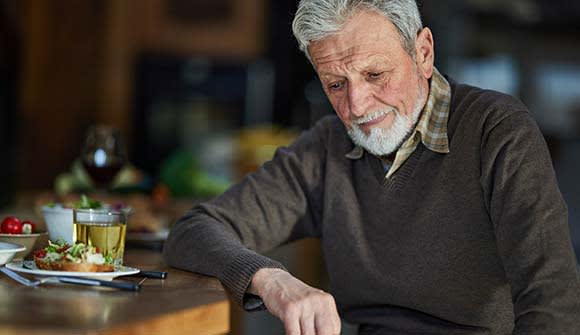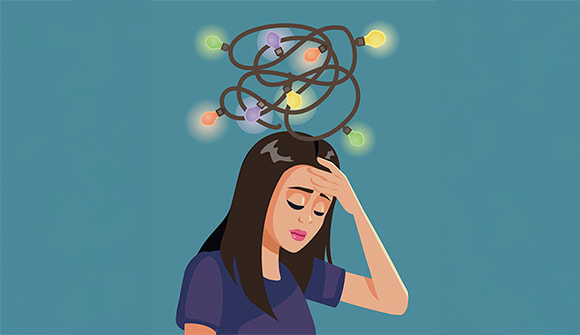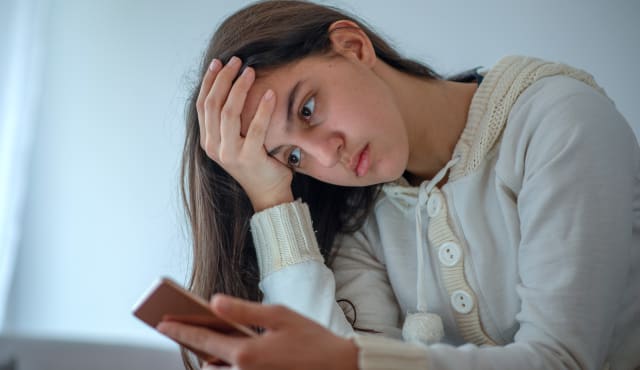Inner peace through outer order
Tidying up ‘starts with the mind, not the closet,’ says mental health expert.
Article Author: Wesley Roberts
Article Date:
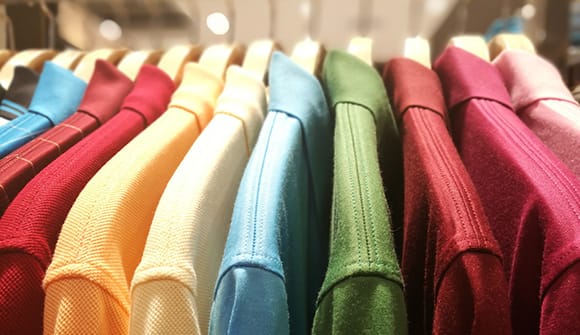
Netflix’s newest star, Marie Kondo, certainly has sparked joy with her new series, Tidying Up with Marie Kondo. The series, based off of her best-selling books, has become an internet phenomenon since its release earlier this year.
If you’ve missed your friend’s posts on social media of perfectly organized closets and trash bags full of items to donate, here’s the gist …
Using her very own method of organizing, Kondo visits various American family homes full of clutter and leads people to tidying up their houses.
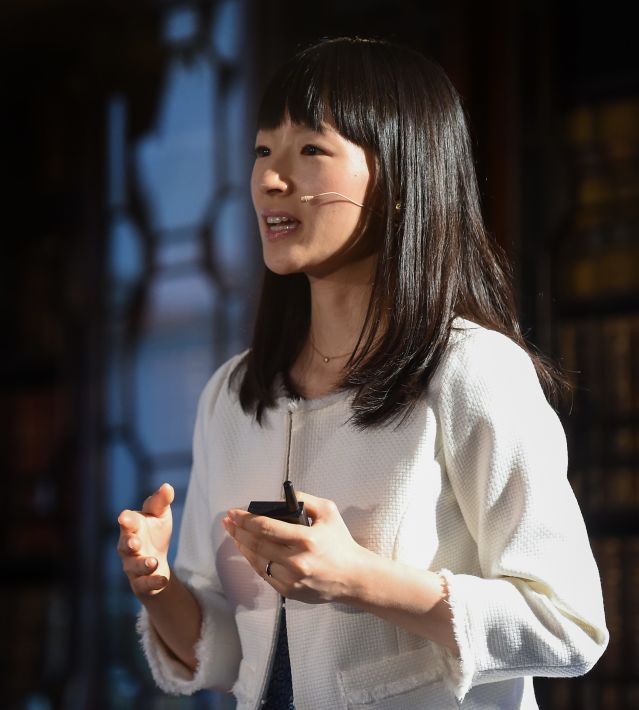
“Keep only those things that speak to the heart, and discard items that no longer spark joy. Thank them for their service — then let them go,” writes Kondo on her website.
Kondo’s claim? Tidying up your house can have a positive psychological impact on your life. Vivian Pinner, MEd, a licensed mental health counselor at Baptist Behavioral Health, confirms that’s true but says it’s not quite that simple.
Decluttering doesn’t just apply to “things.” Getting rid of toxic relationships, stressful debt and negative thoughts are all part of the transformation to leading a happier life.
‘Start with the mind, not the closet’
“We have to be intentional about why we are decluttering in order to make a long-term change,” said Pinner. “It’s a whole-life approach that starts with the mind, not the closet.”
Decluttering is a great way to start gaining control over things in our lives that cause negative psychological and physical energy. We can control our environment, our thoughts, our relationships and our fitness. We only have to start with one.
Ask yourself: “Is this helping me reach my goals or deterring me from forward progress?”
A society of excess
Kondo, the Japanese organizational guru, makes us wonder, “How did we get here in the first place?”
There are three primary influences.
- Fear. “The main reason we hold onto things is fear,” said Pinner. “With sentimental items, people feel they may forget special memories of loved ones if they get rid of them. That’s just not true.” Memories are stored in the brain, not the storage bin. We’re not saying donate all sentimental items but like Kondo reminds us, we should be asking ourselves, “Does it spark joy?”
- Endowment effect. Research confirms we irrationally ascribe a higher value to something simply because we own it. In 1990, two social scientists teamed up for a clever experiment at Cornell University. They gave coffee cups to half of the students in a group and nothing to the other half. The study showed that people left empty-handed would only pay $2.25-$2.75 for a mug, but those with coffee cups in hand wouldn’t accept less than $5.25.
- The future. We keep things because we think we may use them in the future. That ski trip you only take once every 5 years? Don’t keep the ski parka.
Above all, love yourself
If the latest fad in cleaning doesn’t work for you and your family, don’t be too hard on yourself. Focus on creating at least one place of peace in your house.
“Love yourself for what you can do and what you can change,” reminded Pinner. “If you can’t start with your stuff, start with your mind. Tell yourself three great things about who you are each day.”
Forward progress will follow.
Need someone by your side as you tidy up your life? The mental health professionals at Baptist Behavioral Health are here for you. To find a provider, visit baptistbehavioralhealth.com.
